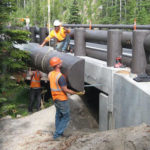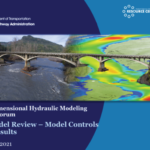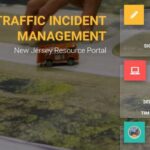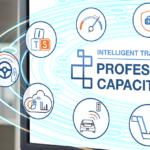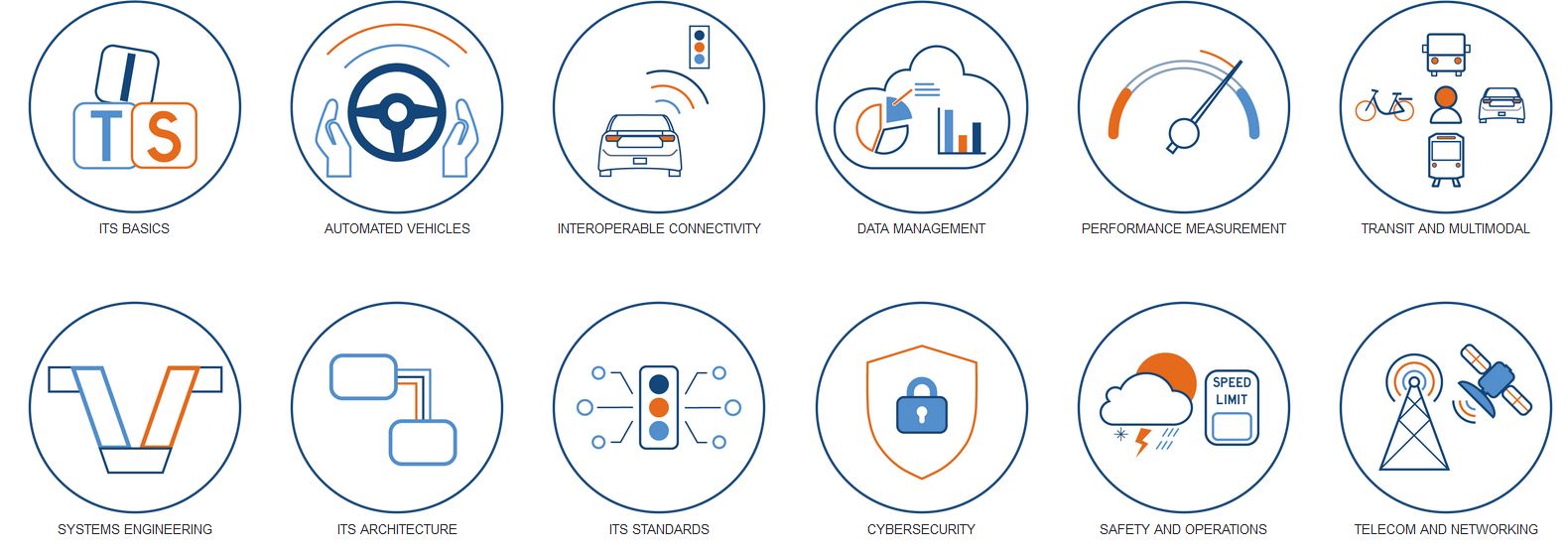In summer 2025, the FHWA Every Day Counts (EDC)-7 Strategic Workforce Development (SWD) team hosted the Careers in Gear Summer Series—a webinar series highlighting innovative workforce development programs and success stories from across the country.
Featuring real-world examples and conversations with skilled trades professionals, program leaders, and other industry innovators, the series spotlighted practical strategies to strengthen the construction workforce—and help build the infrastructure of tomorrow.
Dates and Times
July 23 | 1:00-2:00 PM: Training Success Stories
A webinar hosted by the Federal Highway Administration (FHWA) Every Day Counts-7 Strategic Workforce Development (SWD) team featuring short videos and real-world examples of training programs that are making a difference.
The speakers included:
- Marguerite Givings (Wisconsin Department of Transportation)
- Rich Granger (DriveOhio)
- Liam Murphy (Teaching the Autism Community Trades)
- Charlie McCullough (Indiana Constructors Inc)
- Marjani Rollins (Caltrans)
- Airton Kohls (University of Tennessee)
August 6 | 1:00-2:00 PM: Fireside Chat on Youth Development Programs
A dynamic fireside chat exploring how youth development programs are building pathways into transportation and skilled trades careers, with insights from leaders driving innovative workforce initiatives across the country.
The speakers included:
- Lisa Rose (Mineta Transportation Institute)
- Rich Granger (DriveOhio)
- Dr. Stephanie Ivey (University of Memphis Southeast Transportation Workforce Center)
September 3 | 1:00-2:00 PM: CDL Training That Works
Discover what’s driving success in Commercial Driver License training programs through first-hand insights from the changemakers behind the scenes.
The speakers included:
- Antoine Smith-Rouse, Gateway Community & Technical College
- Thomas Praytor, Bishop State Community College
- Lindsey Trent, Next Generation in Trucking Association
Strategic Workforce Development Resources
Exploring Strategic Workforce Development in NJ: An Interview with the IUOE Local 825 | NJDOT T2
Exploring Strategic Workforce Development in NJ: An Interview with Hudson County Community College | NJDOT T2
Exploring Strategic Workforce Development: An Interview with NJDOT’s Human Resources | NJDOT T2
Exploring Strategic Workforce Development: NJDOT’s Youth Corps Urban Gateway Enhancement Program | NJDOT T2
Strategic Workforce Development Online Recordings & Presentations | NJDOT T2




